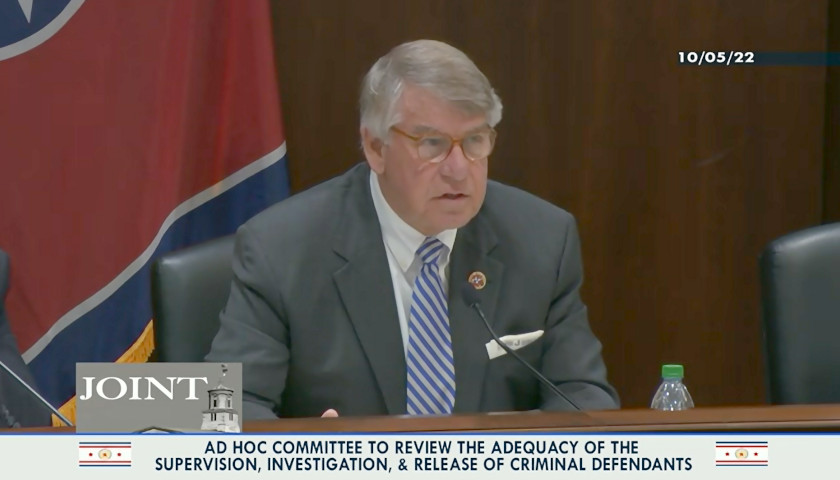An official from the Tennessee Department of Children’s Services told a Tennessee legislative committee that they have been forced to bring in armed security and highway patrol due to the number of high-risk youth that are currently sleeping in state offices because of a lack of beds at juvenile detention centers.
DCS Commissioner Margie Quin told lawmakers, “Because of the limitations on available beds, there are about 11-15 juvenile justice youth in local DCS offices awaiting appropriate placement. DDS offices are being utilized because local detention centers are at capacity.”
Quin told lawmakers that she has been trying to find answers to why Tennessee cannot find appropriate placement for kids that are put into state custody, which includes children in the juvenile justice system and children who need foster care.
“When a youth becomes particularly unruly in a detention center, the sheriff’s department says you have to come get this youth. We have no choice but to go get that youth,” Quin said.
Tennessee’s juvenile detention centers are filled to capacity, with no remaining beds for children. The Tennessee Department of Children’s Services also noted the lack of foster families available for children who are not involved in the justice system.
Commissioner Quin told Representative Antonio Parkinson that the DCS staff is not trained to handle children in the juvenile justice system, explaining that some are violent and angry.
“My employees are being traumatized because they’re sitting in offices with real high-needs children, in some cases very angry, very combative, and sometimes very violent children. That’s not necessarily what they signed up for, either. I’ve got a traumatized workforce, a traumatized group of kids, and we need to expedite the answers to these questions as quickly as we can,” Quin said.
The lawmakers encouraged all involved to remain in communication, bringing attention to the unresolved issues within the DCS. The department wants to advocate to give children better at-home situations when they come out of the juvenile justice system.
Quin said, “A drug-addicted parent, generally a mother, is almost the kiss of death. It’s got to be some sort of neglect in the home. It’s an absent parent. I know that we tend to pick on fathers, but I’ll tell you after 12 years of working on trafficking in the state, mothers should not get a pass. I just saw it all the time.”
Watch the meeting:
– – –
Kaitlyn Osteen is a reporter at The Tennessee Star and The Star News Network. Send Kaitlyn news tips to [email protected].








